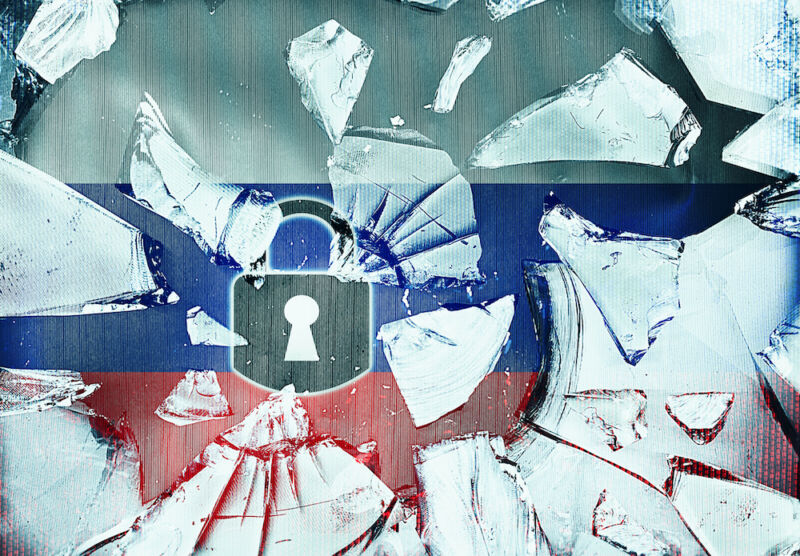Spying and surveillance are different but related things. If I hired a private detective to spy on you, that detective could hide a bug in your home or car, tap your phone, and listen to what you said. At the end, I would get a report of all the conversations you had and the contents of those conversations. If I hired that same private detective to put you under surveillance, I would get a different report: where you went, whom you talked to, what you purchased, what you did.
Before the internet, putting someone under surveillance was expensive and time-consuming. You had to manually follow someone around, noting where they went, whom they talked to, what they purchased, what they did, and what they read. That world is forever gone. Our phones track our locations. Credit cards track our purchases. Apps track whom we talk to, and e-readers know what we read. Computers collect data about what we’re doing on them, and as both storage and processing have become cheaper, that data is increasingly saved and used. What was manual and individual has become bulk and mass. Surveillance has
become the business model
of the internet, and there’s no reasonable way for us to opt out of it.
Spying is another matter. It has long been possible to tap someone’s phone or put a bug in their home and/or car, but those things still require someone to listen to and make sense of the conversations. Yes, spyware companies like
NSO Group
help the government
hack into people’s phones
, but
someone
still has to sort through all the conversations. And governments like China could
censor social media posts
based on particular words or phrases, but that was coarse and
easy to bypass
. Spying is limited by the need for human labor.
AI is about to change that.
Summarization is something
a modern generative AI system does well. Give it an hourlong meeting, and it will return a one-page summary of what was said. Ask it to search through millions of conversations and organize them by topic, and it’ll do that. Want to know who is talking about what? It’ll tell you.
The technologies aren’t perfect; some of them are pretty primitive. They miss things that are important. They get other things wrong. But so do humans. And, unlike humans, AI tools can be replicated by the millions and are improving at astonishing rates. They’ll get better next year, and even better the year after that. We are about to enter the era of mass spying.
Mass surveillance fundamentally changed the nature of surveillance. Because all the data is saved, mass surveillance allows people to conduct surveillance backward in time, and without even knowing whom specifically you want to target. Tell me where
this
person was last year. List all the red sedans that drove down
this
road in the past month. List all of the people who purchased all the ingredients for a pressure cooker bomb in the past year. Find me all the pairs of phones that were moving toward each other, turned themselves off, then turned themselves on again an hour later while moving away from each other (a sign of a secret meeting).
Similarly, mass spying will change the nature of spying. All the data will be saved. It will all be searchable, and understandable, in bulk. Tell me who has talked about a particular topic in the past month, and how discussions about that topic have evolved. Person A did something; check if someone told them to do it. Find everyone who is plotting a crime, or spreading a rumor, or planning to attend a political protest.
There’s so much more. To uncover an organizational structure, look for someone who gives similar instructions to a group of people, then all the people they have relayed those instructions to. To find people’s confidants, look at whom they tell secrets to. You can track friendships and alliances as they form and break, in minute detail. In short, you can know everything about what everybody is talking about.
This spying is not limited to conversations on our phones or computers. Just as cameras everywhere fueled mass surveillance, microphones everywhere will fuel mass spying. Siri and Alexa and “Hey Google” are already always listening; the conversations just aren’t being saved yet.
Knowing that they are under constant surveillance changes how people behave. They conform. They self-censor, with the
chilling effects that brings
. Surveillance facilitates social control, and spying will only make this worse. Governments around the world already use mass surveillance; they will engage in mass spying as well.
Corporations will spy on people. Mass surveillance ushered in the era of personalized advertisements; mass spying will supercharge that industry. Information about what people are talking about, their moods, their secrets—it’s all catnip for marketers looking for an edge. The tech monopolies that are currently keeping us all under constant surveillance won’t be able to resist collecting and using all of that data.
In the early days of Gmail, Google talked about using people’s Gmail content to serve them personalized ads. The company
stopped doing it
, almost certainly because the keyword data it collected was so poor—and therefore not useful for marketing purposes. That will soon change. Maybe Google won’t be the first to spy on its users’ conversations, but once others start, they won’t be able to resist. Their true customers—their advertisers—will demand it.
We could limit this capability. We could prohibit mass spying. We could pass strong data-privacy rules. But we haven’t done anything to limit mass surveillance. Why would spying be any different?
This essay originally appeared in
Slate
.
chevron_right


